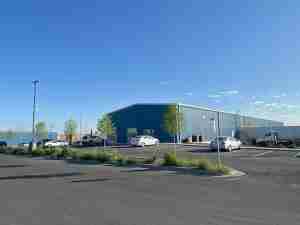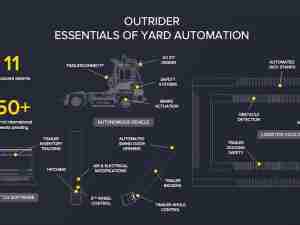Intelligent Transportation Society of America (ITS America) President and CEO Shailen Bhatt testified today that connected and automated vehicles are bringing about a technology revolution that will change industries, transform communities, and ultimately positively affect the safety and operations of our transportation system.
In the Senate Environment and Public Works Committee hearing, “Innovation and America’s Infrastructure: Examining the Effects of Emerging Autonomous Technologies on America’s Roads and Bridges,” Bhatt – who was on a panel that included three other ITS America members – outlined the importance of smart infrastructure.
“Every day, more than 100 people don’t make it home (on U.S. roads),” Bhatt said. “More than 90 percent of crashes are caused in some way by human error, but we have technologies such as pedestrian automatic emergency braking that will make a difference.”
He also noted the capability, through Dedicated Short-Range Communications (DSRC) and other technologies, to allow vehicles to communicate with other vehicles, smart infrastructure, and other users of the transportation system.
In addition to improving safety, Bhatt pointed out mobility and environmental implications.
“Americans lose roughly 40 hours per person per year in traffic. Collectively, this costs our economy $305 billion and wastes 3.1 billion gallons of fuel,” he continued.
Because more than 50 percent of congestion is caused by non-recurring incidents, fewer crashes will result in less traffic.
“Connected and automated vehicle technologies and smart infrastructure have the potential to give us back our most precious resource: time,” he said. “By applying intelligent transportation technologies to our existing infrastructure, we can maximize the efficiency of our system.”
The other three other ITS America members on the panel were: Polly Trottenberg, Commissioner, New York City Department of Transportation; William T. “Bill” Panos, Wyoming Department of Transportation Director; and Dr. Zachary Doerzaph, Director, Center for Advanced Automotive Research at the Virginia Tech Transportation Institute.
“While the tire has historically been the most important connection between the vehicle and the road, today there are many ways for vehicles to interface with infrastructure and other vehicles," Bhatt said.
“I firmly believe that advances in vehicle technology and smart infrastructure are the best tools in our tool box to save lives and make people’s lives better.”







